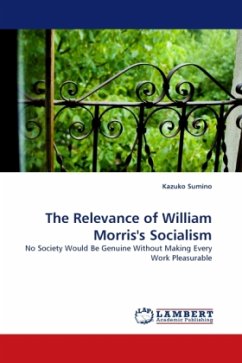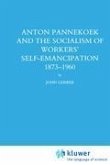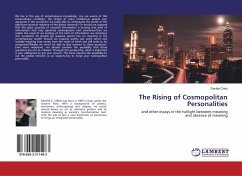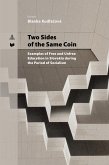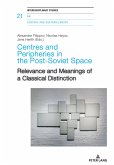The renowned artist William Morris was also a dedicated socialist. The seriousness of his socialism is often underestimated. E.P.Thompson established the reputation of Morris as a socialist, but failed to fully appreciate the role of his art and romanticism. This book argues Morris's socialism is relevant precisely because of his past as an artist. The key is the emphasis on pleasurable work. This book claims Morris's insight into work could be more significant than Marx's unalienated labour. Unlike other socialists, Morris's focus was the qualitative aspect of work. He insisted work should be the expression of pleasure, i.e.art, and no society would be genuine without making every labour attractive. He also emphasized the power of imagination, urging workers to have vivid images of their own ideal society to bring a change. His own utopia was a place where everybody is equal, enjoying a simple but creative life. For anyone who faces inequality and inhumanity in mordern society, Morris's socialism provides keys to the problem. His socialism also sheds light on the failure of the existing socialist regimes where work was/is always toil.
Bitte wählen Sie Ihr Anliegen aus.
Rechnungen
Retourenschein anfordern
Bestellstatus
Storno

